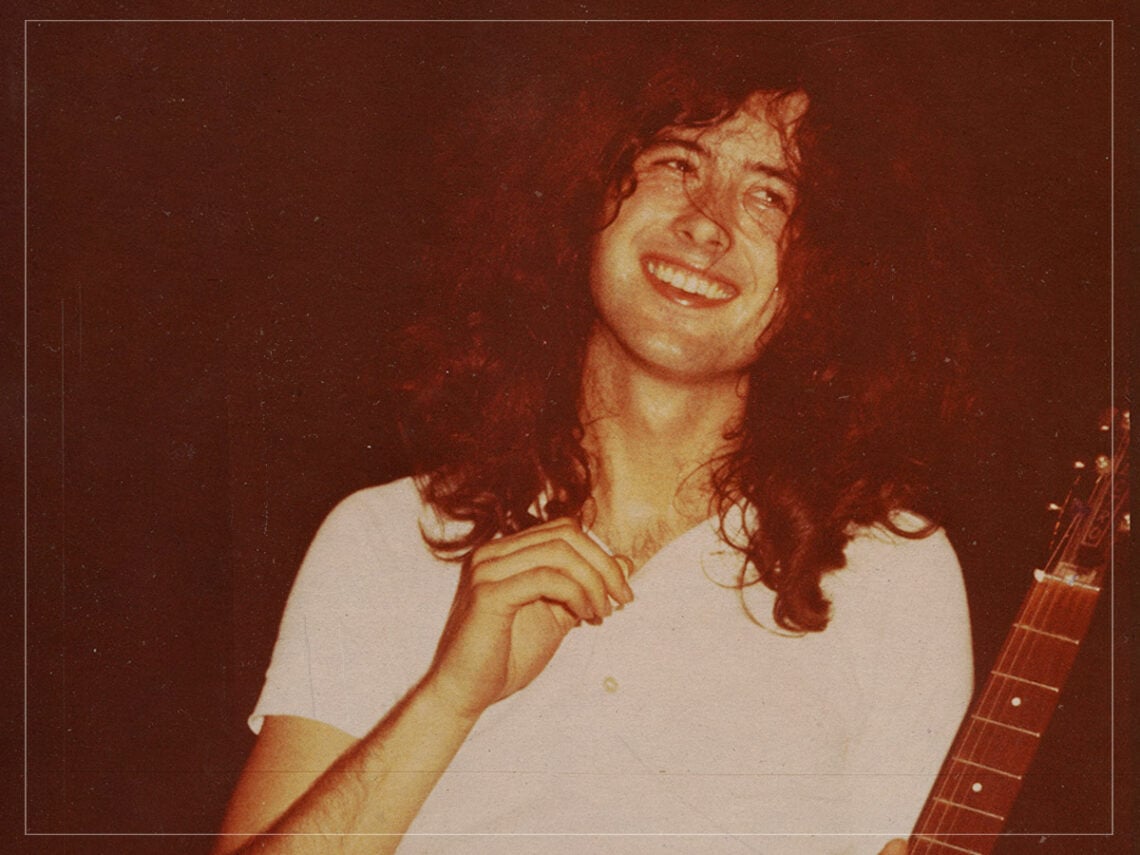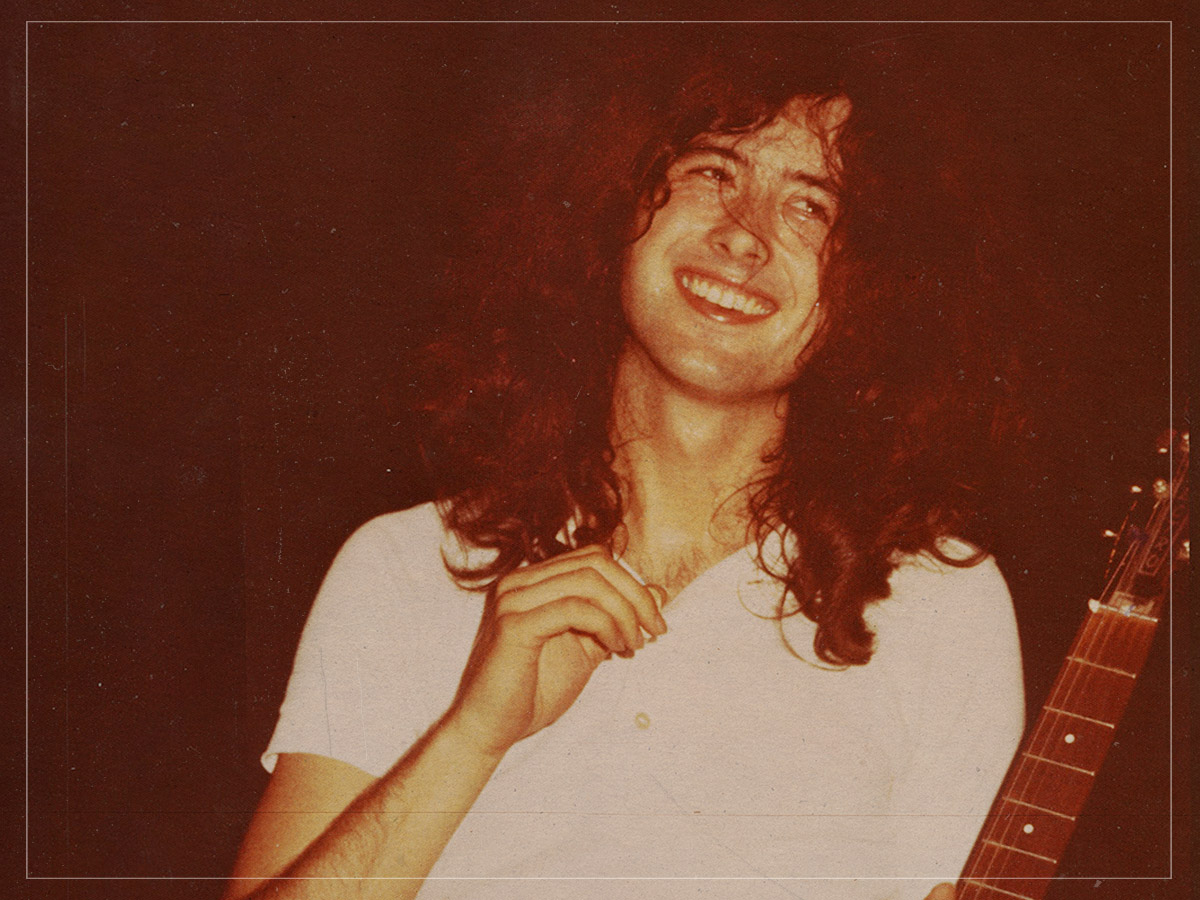
(Credits: Far Out / 2025 Paradise Pictures Ltd)
Sun 14 September 2025 16:30, UK
Jimmy Page was always on the lookout for something new out of rock and roll.
He could never have remained stagnant had he kept moving with The Yardbirds, and half of Led Zeppelin’s catalogue came from them trying out new sonic experiments and seeing what they could get away with in the studio. But even after Zeppelin faded from view, Page was willing to listen for the next new talent that was going to shift the music world on its head.
Granted, a lot of Page’s best tastes for the new-school tended to focus on the guitar. Stevie Ray Vaughan was always going to be a familiar for people who had grown up playing the blues like Page did, but even when he appeared onstage with people like The Black Crowes, a lot of the music he catered to was far more rooted in the old-school than anyone pushing the boundaries for rock.
That’s not to say that he didn’t have an ear for when things were turning a corner. He admired what Eddie Van Halen was able to do with the instrument, and in It Might Get Loud, it was a trip seeing The Edge and Jack White play around with different riffs and seeing what made their fellow legends tick. Even if they were influenced by Zeppelin in some capacity, Page was never looking for Zeppelin clones out in the wild.
He couldn’t help but feel cheated when he heard artists flagrantly ripping him off, but there were bound to be ways for people to take the basis of his music and push it further. The 1990s may not have been the best time for them to rise to the surface, but even in the era when grunge was the biggest genre in the world, there was no one competing with what Jeff Buckley could do with a guitar in his hand.
Compared to the other Zeppelin knockoffs, Buckley felt like Robert Plant and Page condensed into one person whenever he sang. He could reach for those same high notes that ‘Percy’ did so many times, but a lot of his guitar parts were well beyond what anyone else was doing, especially when he started incorporating strange jazz chords into the mix on songs like ‘Lover You Should’ve Come Over’.
Whereas most guitarists at the time were cutting their teeth playing along to Zeppelin licks, Page felt that Buckley came from a much different world, saying, “I was really affected by Jeff Buckley when I heard him perform. I heard one of his last concerts in Australia, penultimate concert. It was just absolutely staggering, he was absolutely… I mean, he just touched every emotion in you, you know. He was really superb and a total class of his own as you know. Because you’ve heard so many singers and you know that they got that from Jeff Buckley.”
And while there are now many Buckley clones out in the wild, the most interesting ones are usually those that take their music somewhere else. Radiohead, for example, don’t have any album that sounds remotely like Grace, but when listening to Thom Yorke’s beautiful falsetto voice, there are different vocal mannerisms that sound like they’re pulled directly from Buckley’s version of ‘Hallelujah’.
While Page did see Buckley as one of the premier musicians of his generation, it was always about more than someone’s ability to play. Buckley could have copied as many Zeppelin licks as he wanted to in an attempt to earn his hero’s respect, but in this business, it’s about how you make the audience whenever you walk off that stage.
Related Topics
